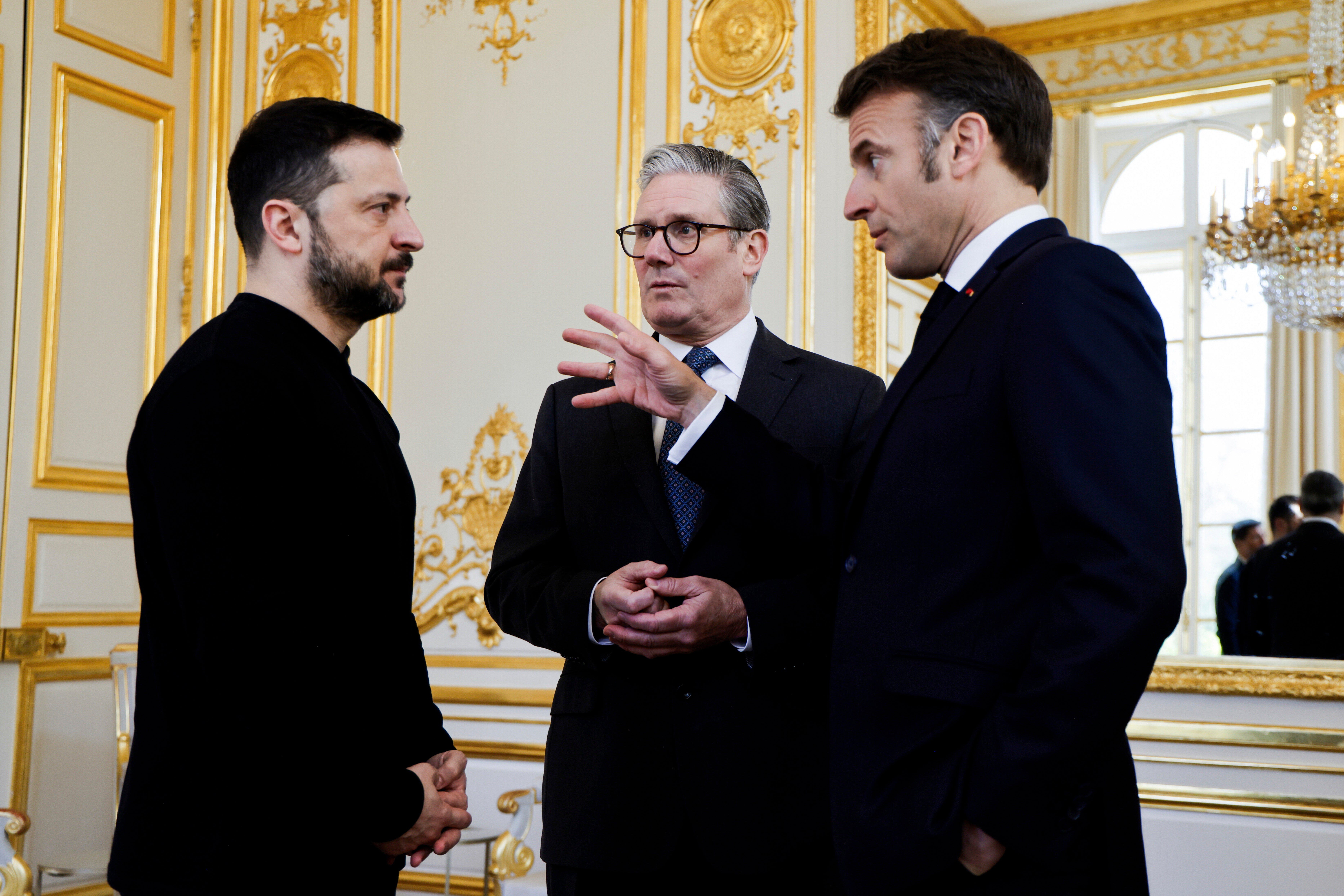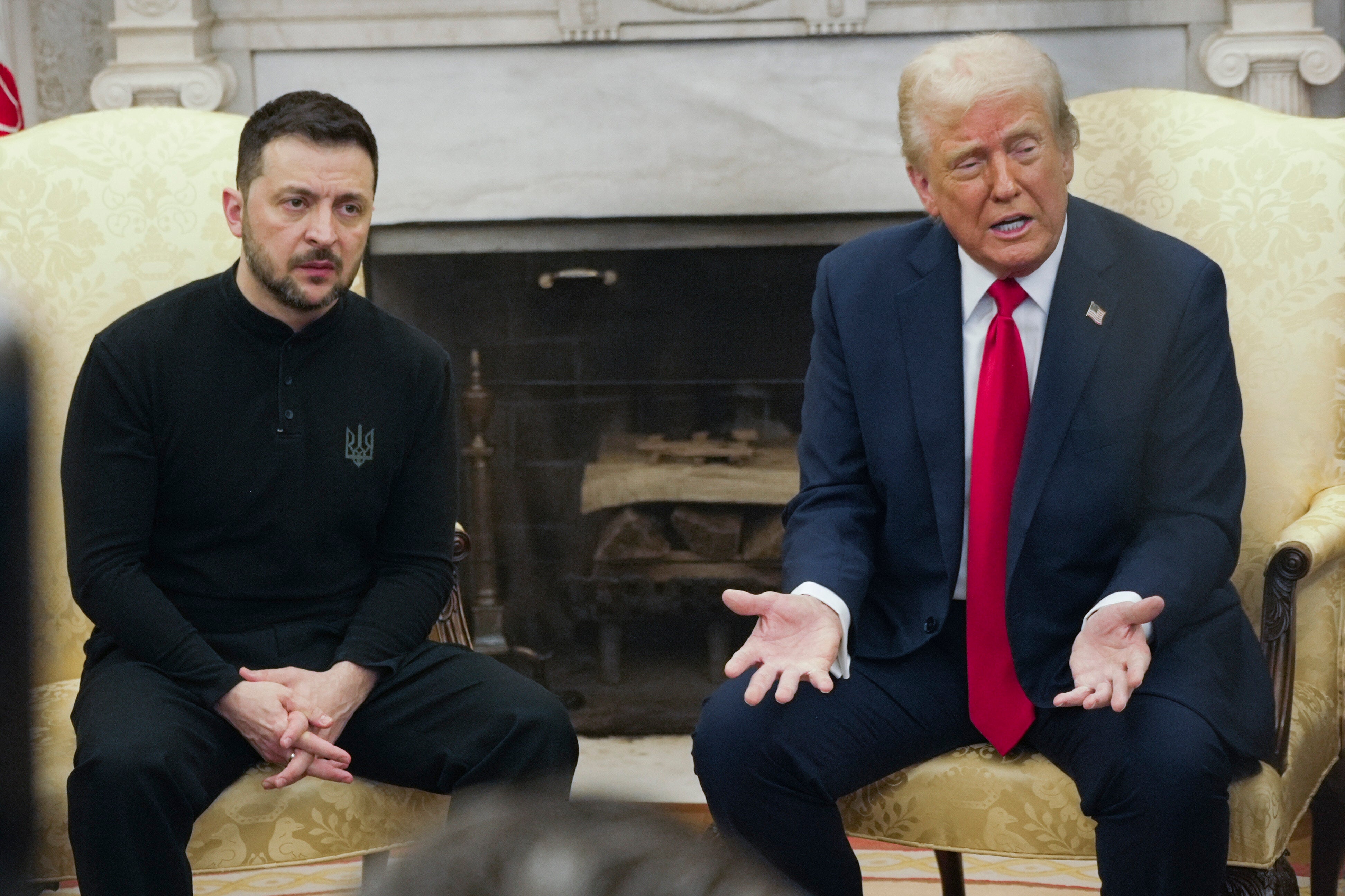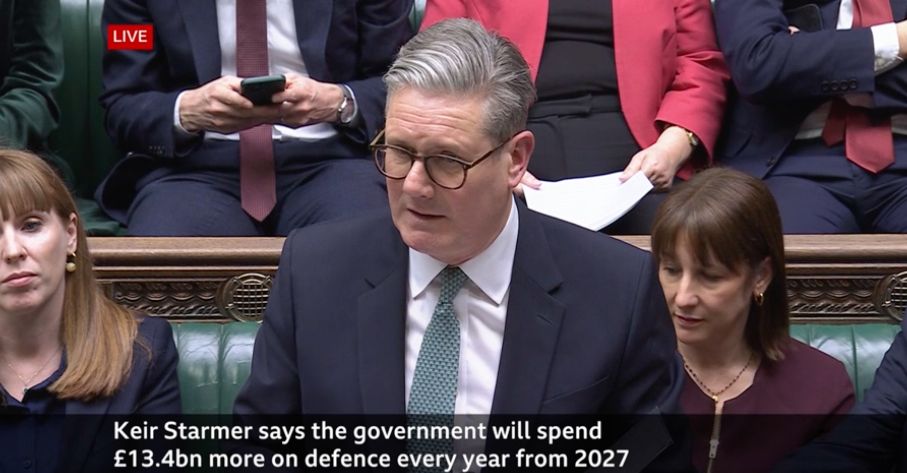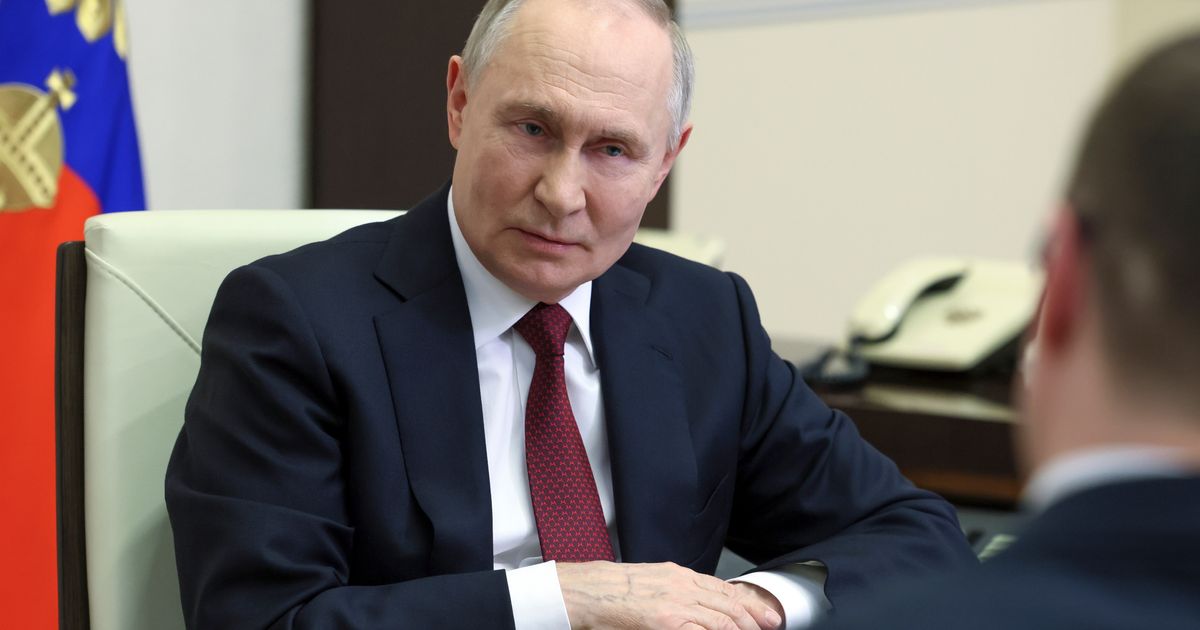<div class="js-react-hydrator" data-component-name="Twitter" data-component-id="2748" data-component-props="{"itemType":"rich","index":30,"contentIndexByType":1,"contentListType":"embed","code":"
","type":"rich","meta":{"author":"Save the Children UK","author_url":"https://twitter.com/savechildrenuk","cache_age":86400,"description":"A statement from our CEO @MoazzamTMalik on the news that the government is cutting the UK aid budget to fund an increase in defence spending:“We are stunned by this decision to cut the aid budget in order to increase military spending. It is a betrayal of the world’s most… pic.twitter.com/Rk2PA56Ljd— Save the Children UK (@savechildrenuk) February 25, 2025\n\n\n","options":{"_hide_media":{"label":"Hide photos, videos, and cards","value":false},"_maxwidth":{"label":"Adjust width","placeholder":"220-550, in px","value":""},"_theme":{"value":"","values":{"dark":"Use dark theme"}}},"provider_name":"Twitter","thumbnail_height":1350,"thumbnail_url":"https://pbs.twimg.com/media/GkoqzvZXkAABF5C.jpg:large","thumbnail_width":1080,"title":"Save the Children UK on Twitter / X","type":"rich","url":"https://twitter.com/savechildrenuk/status/1894373681427878099","version":"1.0"},"flags":[],"enhancements":{},"fullBleed":false,"options":{"theme":"news","device":"desktop","editionInfo":{"id":"uk","name":"U.K.","link":"https://www.huffingtonpost.co.uk","locale":"en_GB"},"originalEdition":"uk","isMapi":false,"isAmp":false,"isAdsFree":false,"isVideoEntry":false,"isEntry":true,"isMt":false,"entryId":"67bdbeefe4b0d5874086425f","entryPermalink":"https://www.huffingtonpost.co.uk/entry/starmer-accused-of-betrayal-over-slash-in-aid-funds_uk_67bdbeefe4b0d5874086425f","entryTagsList":"russia,keir-starmer,ukraine,defence-spending,@ai_seo_headline","sectionSlug":"politics","deptSlug":null,"sectionRedirectUrl":null,"subcategories":"","isWide":false,"headerOverride":null,"noVideoAds":false,"disableFloat":false,"isNative":false,"commercialVideo":{"provider":"custom","site_and_category":"uk.politics","package":null},"isHighline":false,"vidibleConfigValues":{"cid":"60afc140cf94592c45d7390c","disabledWithMapiEntries":false,"overrides":{"all":"60b8e525cdd90620331baaf4"},"whitelisted":["56c5f12ee4b03a39c93c9439","56c6056ee4b01f2b7e1b5f35","59bfee7f9e451049f87f550b","5acccbaac269d609ef44c529","570278d2e4b070ff77b98217","57027b4be4b070ff77b98d5c","56fe95c4e4b0041c4242016b","570279cfe4b06d08e3629954","5ba9e8821c2e65639162ccf1","5bcd9904821576674bc55ced","5d076ca127f25f504327c72e","5b35266b158f855373e28256","5ebac2e8abddfb04f877dff2","60b8e525cdd90620331baaf4","60b64354b171b7444beaff4d","60d0d8e09340d7032ad0fb1a","60d0d90f9340d7032ad0fbeb","60d0d9949340d7032ad0fed3","60d0d9f99340d7032ad10113","60d0daa69340d7032ad104cf","60d0de02b627221e9d819408"],"playlists":{"default":"57bc306888d2ff1a7f6b5579","news":"56c6dbcee4b04edee8beb49c","politics":"56c6dbcee4b04edee8beb49c","entertainment":"56c6e7f2e4b0983aa64c60fc","tech":"56c6f70ae4b043c5bdcaebf9","parents":"56cc65c2e4b0239099455b42","lifestyle":"56cc66a9e4b01f81ef94e98c"},"playerUpdates":{"56c6056ee4b01f2b7e1b5f35":"60b8e525cdd90620331baaf4","56c5f12ee4b03a39c93c9439":"60d0d8e09340d7032ad0fb1a","59bfee7f9e451049f87f550b":"60d0d90f9340d7032ad0fbeb","5acccbaac269d609ef44c529":"60d0d9949340d7032ad0fed3","5bcd9904821576674bc55ced":"60d0d9f99340d7032ad10113","5d076ca127f25f504327c72e":"60d0daa69340d7032ad104cf","5ebac2e8abddfb04f877dff2":"60d0de02b627221e9d819408"}},"connatixConfigValues":{"defaultPlayer":"8b034f64-513c-4987-b16f-42d6008f7feb","clickToPlayPlayer":"5a777b9b-81fe-41a6-8302-59e9953ee8a2","videoPagePlayer":"19654b65-409c-4b38-90db-80cbdea02cf4"},"topConnatixThumnbailSrc":"data:image/png;base64,iVBORw0KGgoAAAANSUhEUgAAAAEAAAABCAQAAAC1HAwCAAAAC0lEQVR42mNkYAAAAAYAAjCB0C8AAAAASUVORK5CYII=","customAmpComponents":[],"ampAssetsUrl":"https://amp.assets.huffpost.com","videoTraits":null,"positionInUnitCounts":{"buzz_head":{"count":0},"buzz_body":{"count":0},"buzz_bottom":{"count":0}},"positionInSubUnitCounts":{"article_body":{"count":9},"blog_summary":{"count":0},"before_you_go_content":{"count":0}},"connatixCountsHelper":{"count":0},"buzzfeedTracking":{"context_page_id":"67bdbeefe4b0d5874086425f","context_page_type":"buzz","destination":"huffpost","mode":"desktop","page_edition":"en-uk"},"tags":[{"name":"Russia","slug":"russia","links":{"relativeLink":"news/russia","permalink":"https://www.huffingtonpost.co.uk/news/russia","mobileWebLink":"https://www.huffingtonpost.co.uk/news/russia"},"relegenceId":3691301,"section":{"title":"Politics","slug":"politics"},"topic":{"title":"Ukraine","slug":"ukraine","overridesSectionLabel":false},"url":"https://www.huffingtonpost.co.uk/news/ukraine/"},{"name":"keir starmer","slug":"keir-starmer","links":{"relativeLink":"news/keir-starmer","permalink":"https://www.huffingtonpost.co.uk/news/keir-starmer","mobileWebLink":"https://www.huffingtonpost.co.uk/news/keir-starmer"},"relegenceId":4156282,"url":"https://www.huffingtonpost.co.uk/news/keir-starmer/"},{"name":"Ukraine","slug":"ukraine","links":{"relativeLink":"news/ukraine","permalink":"https://www.huffingtonpost.co.uk/news/ukraine","mobileWebLink":"https://www.huffingtonpost.co.uk/news/ukraine"},"relegenceId":3696312,"section":{"title":"Politics","slug":"politics"},"topic":{"title":"Ukraine","slug":"ukraine","overridesSectionLabel":false},"url":"https://www.huffingtonpost.co.uk/news/ukraine/"},{"name":"defence spending","slug":"defence-spending","links":{"relativeLink":"news/defence-spending","permalink":"https://www.huffingtonpost.co.uk/news/defence-spending","mobileWebLink":"https://www.huffingtonpost.co.uk/news/defence-spending"},"url":"https://www.huffingtonpost.co.uk/news/defence-spending/"}],"isLiveblogLive":null,"isLiveblog":false,"cetUnit":"buzz_body","bodyAds":["
\r\n\r\n HPGam.cmd.push(function(){\r\n\t\treturn HPGam.render(\"inline-1\", \"entry_paragraph_1\", false, false);\r\n });\r\n\r\n","
\r\n\r\n HPGam.cmd.push(function(){\r\n\t\treturn HPGam.render(\"inline\", \"entry_paragraph_2\", false, false);\r\n });\r\n\r\n","
\r\n\r\n HPGam.cmd.push(function(){\r\n\t\treturn HPGam.render(\"inline-2\", \"entry_paragraph_3\", false, false);\r\n });\r\n\r\n","
\r\n\r\n HPGam.cmd.push(function(){\r\n\t\treturn HPGam.render(\"inline-infinite\", \"repeating_dynamic_display\", false, false);\r\n });\r\n\r\n"],"adCount":0},"isCollectionEmbed":false}”>






















